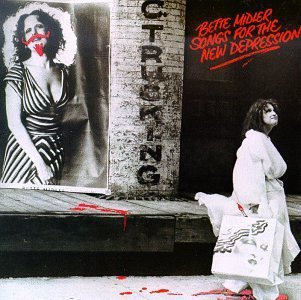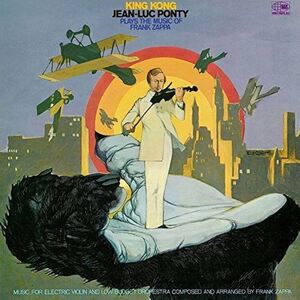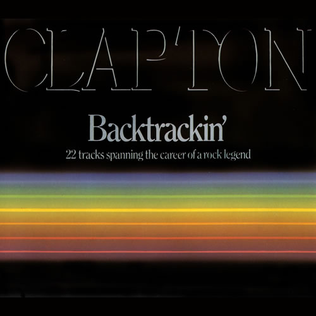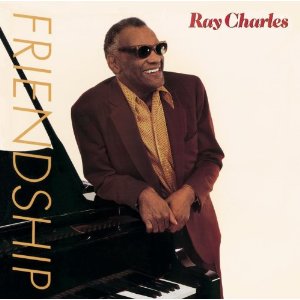
Hugh Colin Hopper was a British progressive rock and jazz fusion bass guitarist. He was a prominent member of the Canterbury scene, as a member of Soft Machine and other bands.

Seven is the seventh studio album by American rock singer-songwriter Bob Seger, released in 1974.

Broken Blossom is the fourth studio album by American singer Bette Midler, her second album release in 1977 and her fifth on the Atlantic Records label. Just as Midler's three previous studio albums Broken Blossom includes songs from a wide variety of genres, ranging from Edith Piaf's signature tune "La vie en rose", Phil Spector-esque covers of Billy Joel's "Say Goodbye to Hollywood" and Harry Nilsson's "Paradise" and hard rock like Sammy Hagar's "Red", to a jazzy duet with Tom Waits, "I Never Talk to Strangers", and a rendition of "A Dream Is a Wish Your Heart Makes", originally from Walt Disney's 1950 film version of Cinderella. The album reached No. 51 on Billboard's album chart.

Wadada Magic is the second studio album by the band Suns of Arqa, recorded and released in 1983 by Antler Records. The album was produced by Suns of Arqa founder Michael Wadada.

Songs for the New Depression is the third studio album by the American singer Bette Midler, released in early 1976 on the Atlantic Records label. The album was released on CD for the first time in 1990. A remastered version of the album was released by Atlantic Records/Warner Music in 1995. A limited edition remastered version of the album was released by Friday Music in 2014.

Secret Agent is a studio album by Chick Corea, recorded and released in 1978. It is a musically diverse release that features Corea’s long-standing collaborators Joe Farrell on reeds and woodwinds, percussionist Airto, and vocalist Gayle Moran. Al Jarreau sings “Hot News Blues”, and a four piece brass section and string quartet also appear.

Mark Charig is a British trumpeter and cornetist.

Playin' Favorites is the fourth studio album by American singer-songwriter Don McLean, released in 1973. It was re-issued by BGO Records in 1995.

King Kong: Jean-Luc Ponty Plays the Music of Frank Zappa is an album by French jazz fusion artist Jean-Luc Ponty first released in May 1970 on Liberty Records' World Pacific Records subsidiary label and later released on Blue Note.

Backtrackin' is a two-disc compilation album by Eric Clapton spanning the years 1966 to 1980. It was released in 1984. The compilation contains all of Clapton's best known songs with Cream, Blind Faith, Derek and the Dominos, and his solo 1970s work through his 1980 live album Just One Night. This compilation album is made in Germany and is only available in the United States as an import. It was originally released by Starblend Records, and has since been reissued by Polydor Records. This 2 CD compilation is currently out of print in some markets while still available in some form in others.

A Trip to Marineville is the debut studio album by English art punk band Swell Maps. It was released in June 1979, through record labels Rather and Rough Trade.

New Life (Dedicated to Max Gordon) is a 1976 big band jazz album recorded by the Thad Jones/Mel Lewis Jazz Orchestra and released on the A&M/Horizon Records label. The album was nominated for a 1976 Grammy award in the Best Jazz Performance by a Big Band category.

Kusamakura is a compilation album by Italian singer-songwriter Alice, released in Japan in 1988 on EMI Music/Odeon Records. The album's title translates as Grass Pillow.

Il sole nella pioggia is the eleventh studio album by Italian singer-songwriter Alice, released in 1989 on EMI Music.

Tap Step is a studio album recorded by Chick Corea in 1979 & 1980. It features previous Corea collaborators Flora Purim, Joe Farrell, Stanley Clarke and Gayle Moran, along with percussionists Airto, Don Alias and Laudir de Oliveira.

The Magic of Christmas is a 1960 album by Nat King Cole, arranged and conducted by Ralph Carmichael.

Friendship is a studio album by American singer and pianist Ray Charles. It was produced by Billy Sherrill and released in August 1984 by Columbia Records and Epic Records. The album peaked at number 1 on the Billboard Top Country Albums chart.

Harry James and His Orchestra 1948–49 is a double album by American trumpeter Harry James with The Harry James Orchestra. The album consists of live radio transcripts recorded during 1948 and 1949 and was released in 1969 by Big Band Landmarks.

TajMo is a joint album by the American blues musicians Taj Mahal and Keb' Mo'. It was released May 5, 2017, and won the 2018 Grammy Award for Best Contemporary Blues Album. TajMo is the twenty-sixth studio album by Taj Mahal and the thirteenth by Keb' Mo'.

The Slide Area is the tenth studio album by Ry Cooder. It was released in 1982 and peaked at No. 105 on the Billboard 200.




















